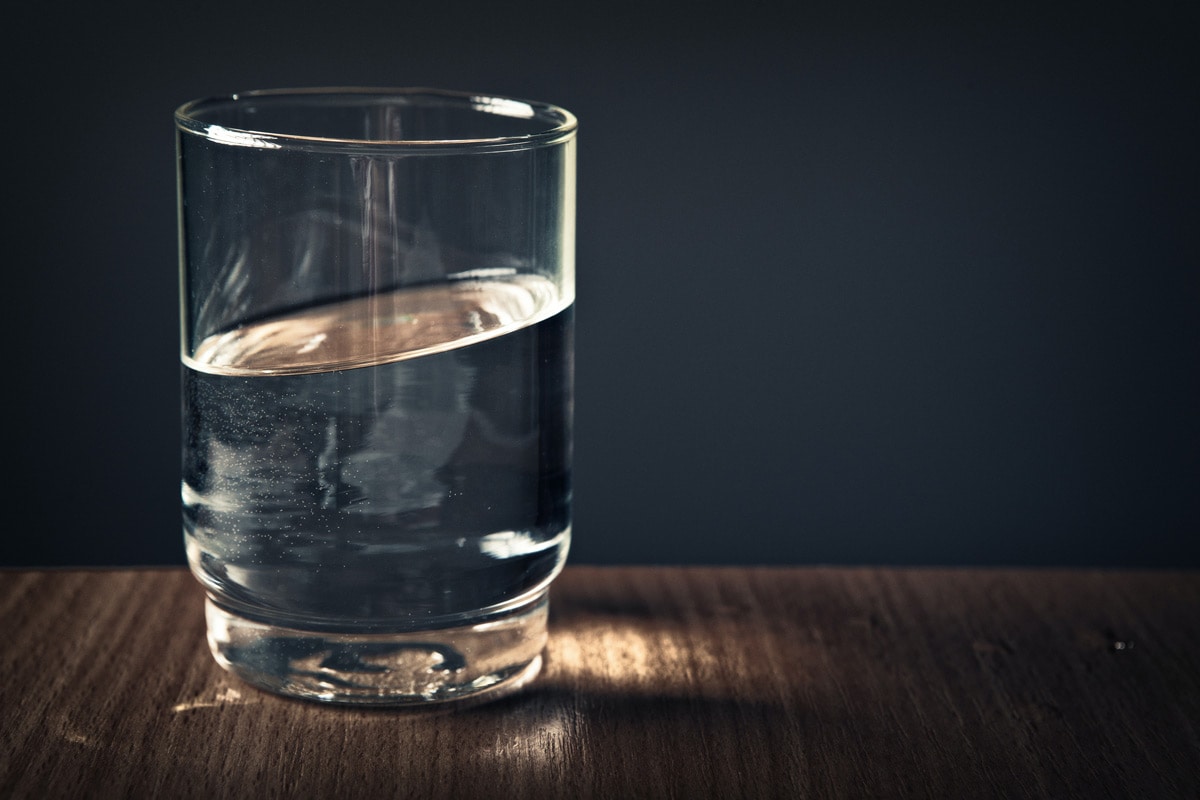We’re given a lot of advice over our lives, especially as children. And, because this advice comes from people we trust who want the best for us, this advice becomes the basis for how we live our lives. With so much advice coming hard fast, there really isn’t time to check it all out, and besides, you’re a kid. So, life goes on, and usually, it goes on well enough.
But what if most of this advice is wrong?
To fix ideas, here’s an example that vexes me still. When I was a kid it was a bedrock fact that one couldn’t swim for one hour after eating. Ignore this rule, we were sternly instructed, and abdominal cramps and a terrifying death by drowning would follow. And, it would be our own fault. But oddly, by the time I got to medical school this bedrock “fact” had vanished. The American Red Cross finally admitted in 2011 that not a single case of fatal or even non-fatal drowning due to eating had ever been reported. My childhood had been ruined by swimming denied, but no one apologized. Indeed, it’s not clear who should have apologized. This misinformation has been traced back to the 1908 Boy Scout Manual, but surely had earlier roots.
Another example: consider “drink at least 8 glasses of water each day”. This commandment began with a misunderstood suggestion from the U.S. Food and Nutrition Board in 1945 that we drink 2.5 liters of water a day. Somehow the very next sentence in that report, “Most of this quantity is contained in prepared foods” was overlooked, but it was too late. Fast forward to today and we find half of college kids carrying water bottles wherever they go. This has sold a lot of water bottles, and now some fitness trackers track glasses of water as well. So now there is a force of orchestrated ad campaigns perpetuating the “8 glasses a day” myth.
We might have predicted that water would be monetized, of course, because it’s much easier to get folks to buy something they’ve been primed to believe they need, and the “8 glasses a day” myth was already in the air, ripe for pushing products. The need to “sell more water” has been pushed to the breaking point by the Nestle Waters company which funded a study claiming that two-thirds of children in Los Angeles weren’t getting enough water. Unfortunately, this study used a definition of “dehydrated” that no doctor or physiologist would accept; by simply redefining “adequate hydration” this study ensured that most children would be “dehydrated”. On its face this claim is silly: The thirst reflex in humans, and really all animals, is powerful and precise exactly because dehydration is so detrimental. Why would children, who’ve been successfully looking after their own state of hydration for 300 million years suddenly start getting it wrong in Los Angeles?
Of course missing out on some swim time or buying a few million unnecessary water bottles or billions of gallons of bottled water hasn’t done much real harm. But other myths have been more detrimental.
Consider another maxim from my childhood: “Breakfast is the most important meal of the day.” Where did that come from? And what does “most important” even mean?
The story turns on a great bit of history. In the mid-1920s Sigmund Freud’s nephew, Edward Bernays, was hired by the Beechnut Packing Company to apply his uncle’s insights to sell more bacon. Bernays’ crucial insight was that simply telling people that Beechnut made great bacon wasn’t enough; he needed to redefine what breakfast was, transforming breakfast from the 1920’s tradition of coffee and juice to “the most important meal of the day”. He created an ad campaign that proclaimed bacon and eggs to be “America’s Breakfast”, and supported his claim with a sham poll of physicians. The strategy was brilliant: we’re still eating bacon and eggs for breakfast, and we don’t even know why. A crime that left no fingerprints.
We now know that breakfast is in no way special. Indeed, a recent paper in the British Medical Journal (Sievert, 2019) synthesized all breakfast research into a single metanalysis and found that breakfast is just more calories. More than that, people who ate breakfast not only ate more calories every day, but also weighed more. All this stands to reason, of course: eat more often and you’ll not only eat more but you’ll weigh more, too.
But the damage done by breakfast may actually be far more devastating than a little weight gain, because eating early in the day causes us to miss out on extending our overnight fast just a bit. This is a problem, because it turns out that humans weren’t designed to eat constantly. Our hunter gatherer forebears occasionally had to go without eating and our biochemistry came to rely on this intermittent stress to provide a sort of “exercise” for our ancient enzyme systems. Simply missing a few meals or even just putting off a meal for a few hours causes our bodies to switch from running on glucose that comes from our livers to ketones derived from our fat cells. Importantly, this simple switching of fuel sources from time to time provides crucial benefits. The lifespan of laboratory animals can be considerably prolonged by intermittent fasting, and in humans occasional fasting, even for just a few hours, provides substantial health benefits and may even slow aging. A recent review article in the New England Journal of Medicine (de Cabo and Mattson, 2019) details benefits of intermittent fasting for a number of health conditions including obesity, diabetes, heart disease and even some cancers.
I’ve only touched on a few false “truths” here, ranging from the incidental (“don’t swim after eating”) to the important (“breakfast is the most important meal”). But there are many more.
The dynamic pioneered by Bernays has been used over and over again: an entrenched lobby stealthily inserts disinformation to boost sales or even create a whole new market. In the last century the tobacco industry worked hard to convince an unwary public that smoking was safe “More doctors smoke Camels” and the sugar lobby promulgated the idea that table sugar was a healthful way to lose weight.
I’ve belabored these historical examples because hindsight makes it clear how successful disinformation campaigns can be. But myth-based marketing is still very much with us, because myths don’t die easily. Teachers still enjoin their students to “hydrate” and mothers beg them to eat breakfast. Marketers know that once a notion is part of our shared belief system it can be effectively leveraged to influence behavior.
This strategy continues to work for products big and small: the dairy lobby tells us we need three glasses of milk a day. The shoe lobby tells us we can’t go for a walk without wearing hiking boots, because our poor feet require “support” to do what they’ve been doing unsupported for 3 million years. And the office furniture market (“Big Chair”) insists that we somehow can’t sit on a chair without armrests and lumbar support, additions that are really rather recent in terms of our sitting history.
The list goes on, but is hard to compile because our unspoken assumptions are hard to see: just as a fish is unaware of the water it swims in, we’re unaware of the assumptions that underlie our lives. The good news is that we now live in an age of democratized information, and can easily discover what’s true, and perhaps more importantly, what’s not true. If a pitch seems not to make sense, well, maybe that’s because it doesn’t.





Leave a comment
All comments are moderated before being published.
This site is protected by hCaptcha and the hCaptcha Privacy Policy and Terms of Service apply.